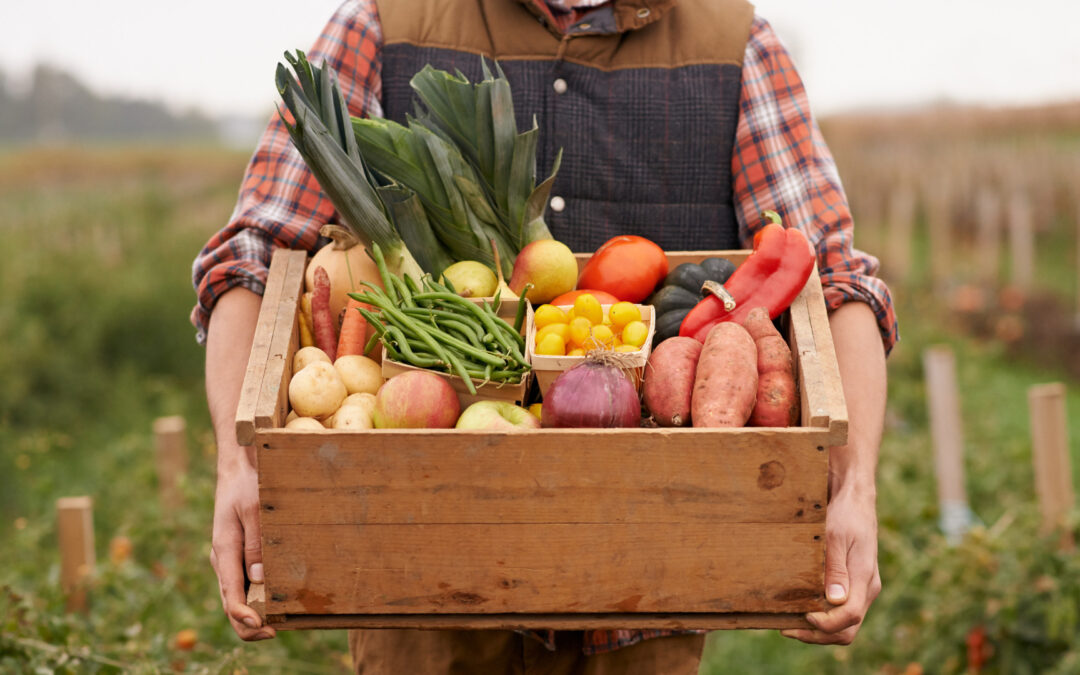Farmstands are all the rage in Maryland these days. From flowers to eggs, baked goods, jams, crafts, and more, these small, locally-focused markets are sprouting up everywhere. Beyond providing delicious, locally-sourced goods, they offer a chance to contribute directly to your community instead of large corporations. But before you dive into this rewarding venture, it’s essential to understand the legal requirements and practical considerations involved in opening a farmstand in Maryland.
Why Farmstands Are Gaining Popularity
Farmstands aren’t just about food; they’re about fostering connections. They bring neighbors together, promote sustainability, and strengthen the local economy. Many farmstands operate on the honor system—a nostalgic nod to simpler times—where customers pick out their goods and leave payment in a cash box or via mobile apps like Venmo. While this system works well in many areas, it does require trust, organization, and a community-oriented mindset.
Legal Requirements for Starting a Farmstand in Maryland
Running a farmstand isn’t as simple as planting seeds and putting up a sign. Here are some key steps and regulations to consider:
-
Zoning Laws
Check local zoning regulations to ensure your property is approved for agricultural use. Some residential areas may have restrictions on livestock or large-scale farming operations. -
Business Licenses
Maryland may require you to obtain a business license, especially if you’re selling goods to the public. Contact your county’s business office for specifics. -
Health and Safety Regulations
If you’re selling perishable items like eggs, milk, or baked goods, you may need to comply with state health department guidelines. This could include inspections and certifications. -
Agricultural Tax Benefits
Maryland offers tax incentives for small-scale farms, but you’ll need to register your property as an agricultural operation. -
Insurance
Liability insurance is a must to protect yourself from potential lawsuits related to on-site injuries or product issues.
Does the Honor System Really Work?
One of the most charming aspects of farmstands is the honor system, where customers take what they need and pay what they owe without direct oversight. While it’s heartening to see communities embrace this trust-based approach, it’s not foolproof. Here’s what you should know:
-
Trust and Community Engagement : Building strong relationships with your neighbors can lead to better participation in the honor system.
-
Losses Are Inevitable: Some goods may go unpaid for, but many farmstand owners find the overall benefits outweigh the occasional losses.
-
Technology Helps: Mobile payment systems like Venmo or PayPal make transactions easier and more transparent.
-
Signage is Key
: Clear instructions about pricing and payment methods can reduce confusion and promote fairness.
Ready to Start Your Farmstand?
Starting a farmstand in Maryland is a rewarding way to contribute to your community while embracing a sustainable lifestyle. With careful planning, adherence to legal requirements, and a bit of faith in the honor system, you can create a thriving local business that your neighbors will love.
Thinking about purchasing property to start your farmstand? The team at Mr. Lister Realty is here to help. We’ll guide you through the process of finding the perfect location and provide insights into local regulations. Contact us today to get started!

